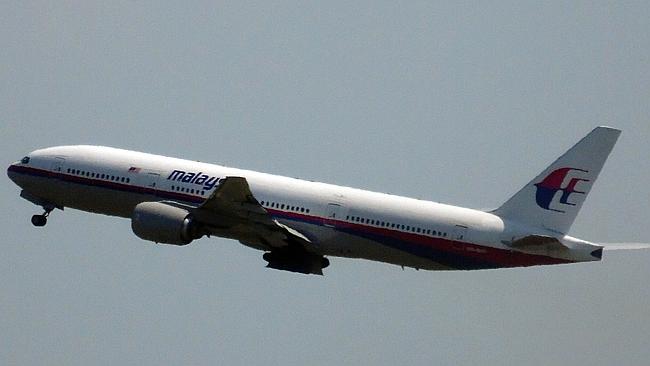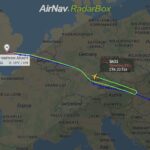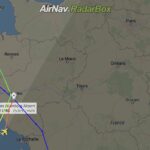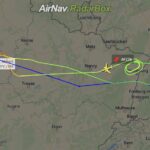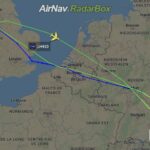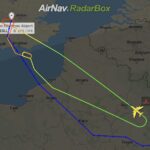The UN agency responsible for overseeing international aviation has set up a prototype repository for conflict zone risk information in the wake of last year’s destruction of Malaysia Airlines flight MH17.
 |
| Malaysia Airlines flight MH17 leaving Schiphol on July 17 last year. (AFP) |
The International Civil Aviation Organisation website will allow governments, airlines and the public to access risk assessments posted by member states.
A database of potential risks to civil aviation was one of the ideas to emerge after The Malaysian Boeing 777 was shot down over the Ukraine on July 17 with the loss of 283 passengers and 15 crew, including 38 Australian residents and citizens.
An investigation into the tragedy is ongoing but a preliminary report found the aircraft was peppered with high-energy fragments presumed to be shrapnel from a Russian-made ground-to-air-missile. Russian authorities have disputed this.
Only authorised officials will be able to submit information for the new website under procedures agreed by ICAO’s council and the submitting country will be identified in all cases.
Those states that are the subject of a risk assessment will also be able to review and approve the information prior to it being posted.
ICAO is also setting up a legal framework so it will avoid “liability implications’’that may arise from information submitted by states.
“This centralised repository is meant to enhance the existing global framework whereby each state is responsible for assessing risks to civil aviation in their airspace, and for making that information promptly available to other States and airlines,” ICAO council president Olumuyiwa Benard Aliu said. “But while it does not alter these essential state responsibilities, it very much does respond to the strong international consensus we have seen around the proposal that the safety of our worldwide network would benefit from greater information sharing on conflict zone risks.”
The website went live last week but this morning did not yet have any information about hot spots such as the Ukraine and Syria.
By The Australian’s Steve Creedy
